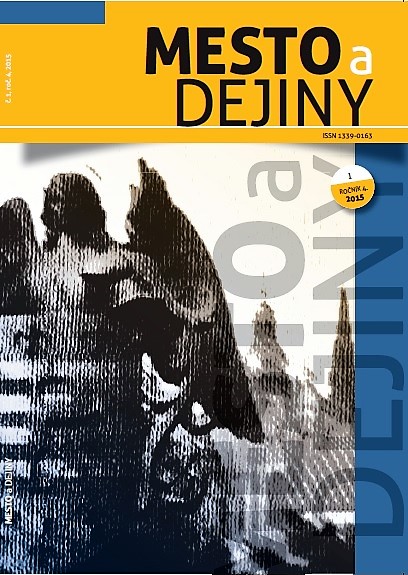Výpovedná hodnota kremnických testamentov zo 16. storočia
What the Kremnica testaments from the 16th century say to us
Author(s): Daniel Haas KianičkaSubject(s): Christian Theology and Religion, History, Anthropology, Social Sciences, Gender Studies, Law, Constitution, Jurisprudence, Cultural history, History of Church(es), Library and Information Science, History of Law, Civil Law, Archiving, Sociology, Economic history, Local History / Microhistory, Social history, Gender history, Modern Age, Theology and Religion, History and theory of sociology, Family and social welfare, Rural and urban sociology, 16th Century, Pastoral Theology, Ethnic Minorities Studies, Sociology of Religion, Sociology of Law, History of Religion
Published by: Univerzita Pavla Jozefa Šafárika v Košiciach
Keywords: Testaments; 16th century; Kremnica; Burghers;
Summary/Abstract: There are testaments from the 16th century preserved in Kremnica state archive. They are written in Latin, German and in one sample also in Slovak language. Last wills prepared a man for a death in spiritual and secular (division of property) way. Testaments eliminated conflict between secular property and desire for an eternal life. Formally testaments consist of several parts – invocation, intitulation, profession of faith, passages about human mortality, composing of the last will and redress of sins, heritages of property, confirmation, corroborating and date formulas. The content of the testaments is an important historical source for economic, law, culture, regional history and also history of material culture and everyday life.
Journal: The City and History (Mesto a dejiny until 2019)
- Issue Year: 4/2015
- Issue No: 1
- Page Range: 6-14
- Page Count: 9
- Language: Slovak

